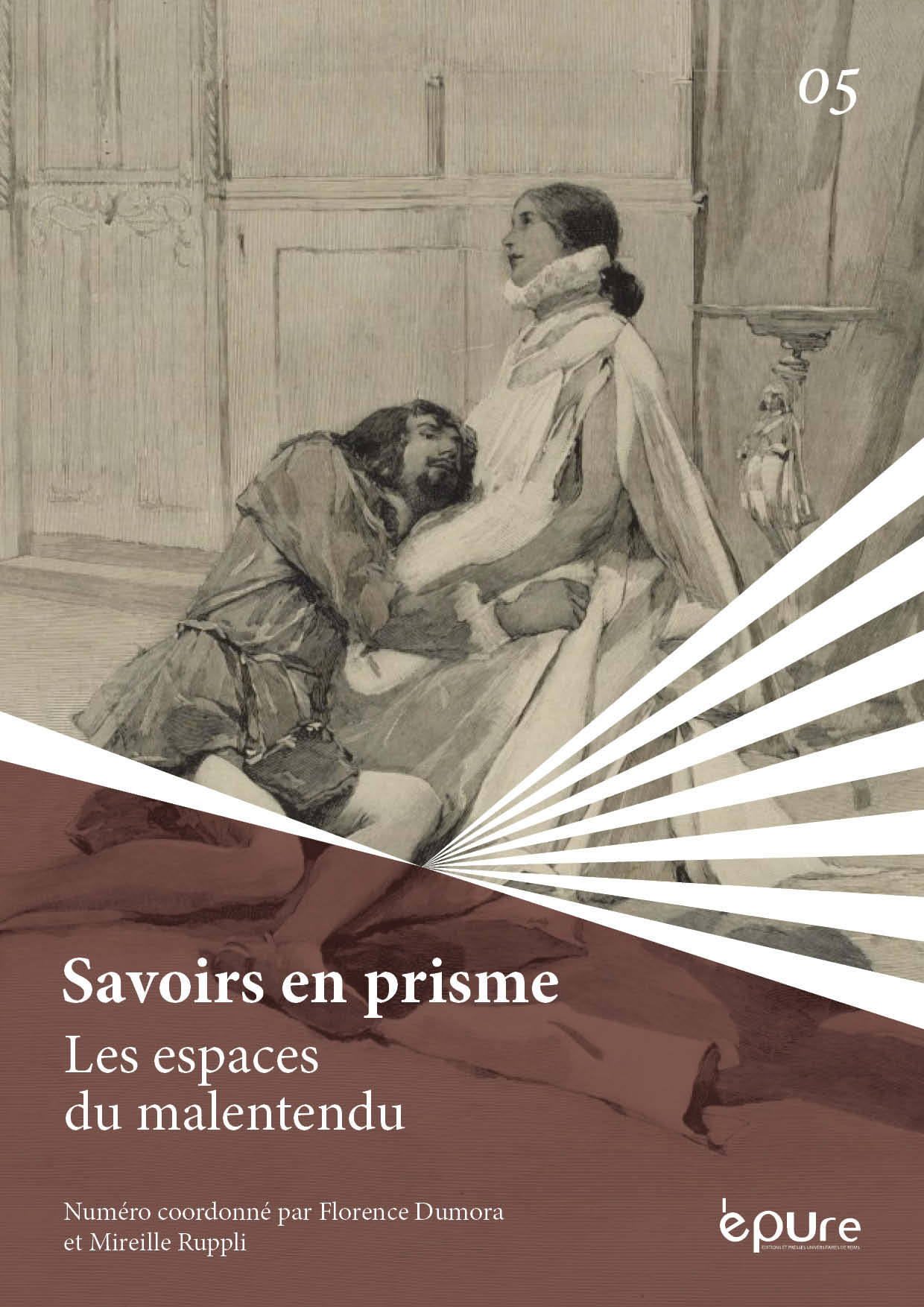Le malentendu dans l’Essai sur l’origine des langues de Rousseau
Abstract
The misunderstanding is, in all the facts of language, a specific figure of sense since it suggests situations where mutual understanding fails in spite of its visible success. The interlocutors think that they have understood each other but they make a mistake about the apparent efficiency of the exchange. In this sense, the misunderstanding would be the sign of our inability to communicate effectively with others. And yet, in the Essay on the Origin of Languages, Rousseau shows that the historical evolution of languages has led them to become more abstract, more general, farther from passions of man. Thus, the misunderstanding would be due neither to an inability of the interlocutors to understand themselves by lack of clarity nor to enunciation situations leading to misunderstandings but due to the evolution of languages that prevents the individuals from really expressing his passions. Then, the misunderstanding fundamentally appears as a misunderstanding with oneself that only an analysis of the origin of languages can reach up. But the question of the origin of languages from modern languages involves finding the early truth using languages that are very far from the passions. That is why the tropes, the voice and the gesture will be the prominent places of a musical theory of language. This one must take up with the possibility of direct communication while showing the centrality of misunderstanding in the constitution of meaning within languages.
Copyright (c) 2020 Savoirs en prisme

This work is licensed under a Creative Commons Attribution-NonCommercial-ShareAlike 4.0 International License.


